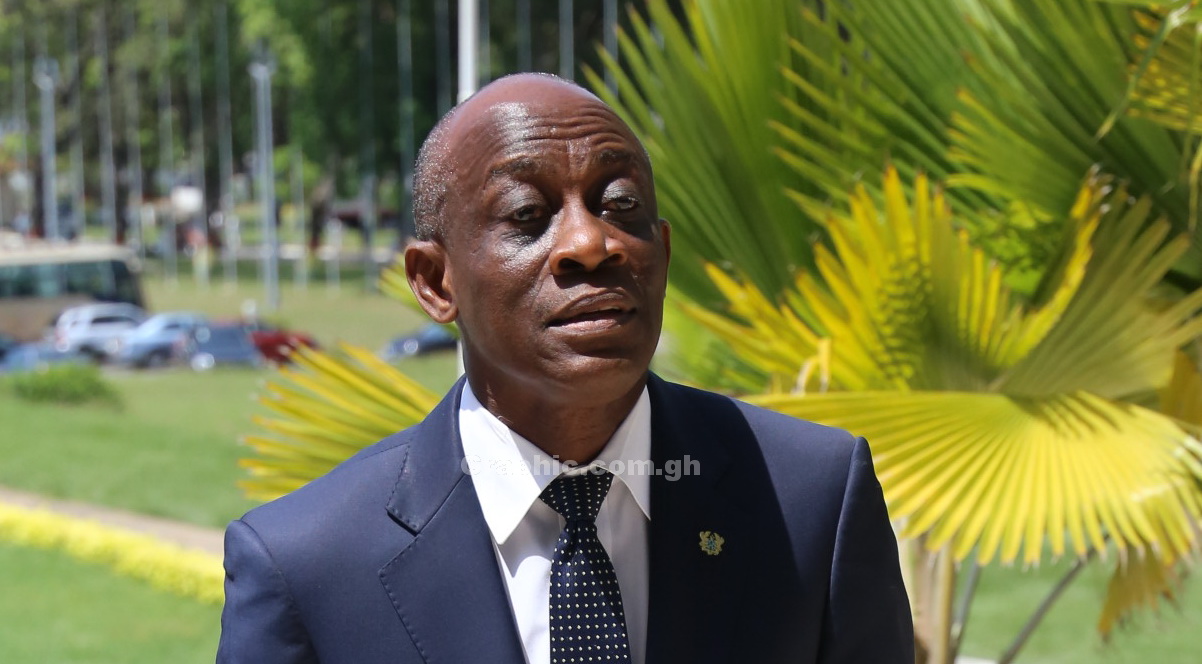
E-levy is a discriminatory tax -Seth Terkper
A Former Minister of Finance, Mr Seth Terkper, has described the proposed Electronic Transaction Levy (E-levy) of 1.75 per cent as a discriminatory tax that does not promote the principle of fairness in taxation.
He said in the last four decades since the launch of the Economic Recovery Programme or Structural Adjustment Programme (ERP/SAP) in 1983, Ghana had not had any tax instrument that taxed savings and investments.
Advertisement
In a statement that was issued on January 26, he asked, “What difference does it make if Ghanaians keep their savings (which may have attracted taxes already) under their pillows, or in a bank or in an “e-wallet” (purse) on their phones?”
“In the case of the pillow and bank, they do not pay a tax until the money withdrawn is (a) used to set up a business to earn a profit (income tax) or (b) buy consumer goods and services and pay, mainly, VAT, excise and tariff or customs duty.
“Why then tax the equivalent savings taken from the phone ‘wallet’ before one uses it to set up a business and make profit or buy goods to attract the VAT, etc?,” he asked at a time when the government has begun a series of townhall meetings to get the buy-in of the people to accept the new tax intended to rake in more than GH¢6 billion annually.
He described the E-levy as the “most nuisance of nuisance taxes”, stating that by taxing savings in electronic wallets, government was, among other things, discriminating against savers using electronic ‘wallets’, instead of banks and pillows, to save.
He said that offended the principle of fairness in taxation.
E-levy controversy
The government in the 2022 budget announced the introduction of the E-levy which was expected to take effect from January 1, 2022.
The levy was, however, met with opposition from a section of Ghanaians and the Minority in Parliament, which led to the inability of the government to push through with the levy before Parliament went on recess last year.
With Parliament resuming last week, discussions on the levy have once again been revived, with the House expected to continue its consideration today (February 1, 2022).
Distorting tax structure
Mr Terkper said the new levy, if passed, would distort the current tax structure in the country.
He said the country had a conventional tax structure that consisted of income tax, VAT, import duties or tariffs, and levies.
“Income tax is charged on the Corporate Income Tax (CIT) earned by incorporated entities, as well as Personal Income Tax (PIT) earned by employees on salaries or wages and profit earned by individuals. VAT is also expenditure tax which is paid on taxable (or non-exempt) supplies of goods and services, whether imported or produced locally.
“Import duty or tariffs is also an expenditure tax which is paid on only imported goods. Excise duties are punitive expenditure tax paid, in addition to VAT and tariffs, on what is considered by some as ‘harmful’ products such as alcohol and tobacco, and levies are special purpose income and expenditure taxes that mimic any one of the above categories and never on savings,” he explained.
“We have a very rational tax system, let’s not destroy it. These things were corrected in the 1990s, and all of us Ghanaians went through streamlining these structures. It’s the spending that attracts VAT or import duty and other taxes, not the savings,” he stated.




